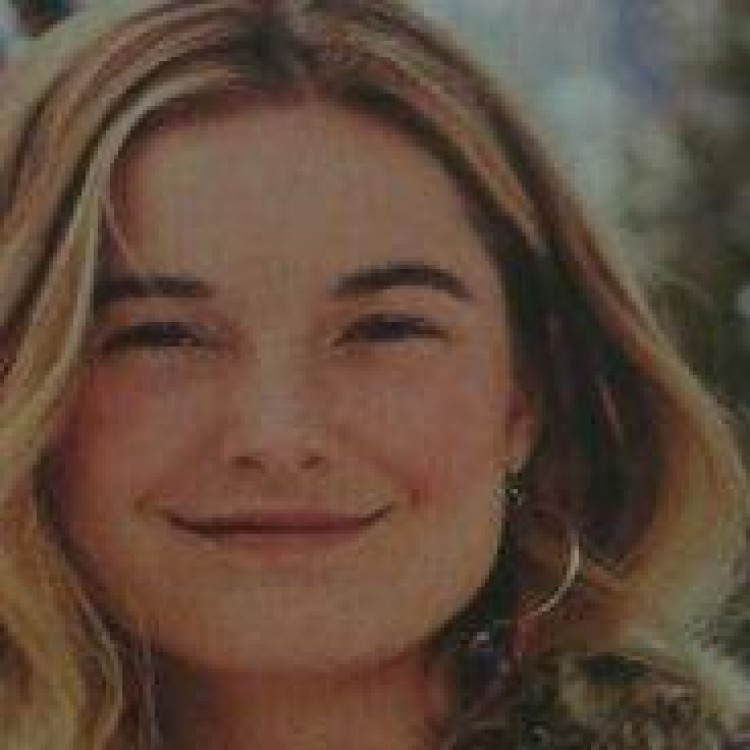
One of the most controversial figures in rock history, Yoko Ono was an acquired taste for those willing to go with her past the edge of musical experimentalism. Unfairly maligned as the woman who broke up the Beatles, she is a classically trained musician and was one of New York’s most cutting edge artists before the Fab Four even cut a record. Born in Tokyo in 1933, she moved to New York in 1953 and attended Sarah Lawrence, but even then had trouble finding a form to fit into; her poetry was criticized for being too long, her short stories too short. Then she was befriended by avant-garde composers such as Arnold Schoenberg and John Cage.
Soon, Yoko was making a splash with her originality in post-Beatnik Greenwich Village, going places even Andy Warhol hadn’t dared with her films of 365 nude derrieres, her performance art (inviting people to cut her clothes off her), and her bizarre collages and constructions. Called the “High Priestess of the Happening,” she enthralled visitors to her loft with such art installations as tossing dried peas at the audience while whirling her long hair. Yoko Ono had an ability to shock, endless imagination, and a way of attracting publicity that P.T. Barnum himself would’ve envied!
When John Lennon climbed the ladder on that fateful day to peer at the artful affirmation Yoko created in her piece “Yes,” rock history was made. Their collaborations—The Plastic Ono Band, Bed-Ins, Love-Ins, Peace-Ins, and son Sean Lennon—have created a legacy that continues to fascinate a world that has finally grudgingly accepted and respected this bona fide original. Yoko’s singing style— howling and shrieking in a dissonant barrage—has been a major influence on the B52s and a generation of riot grrl bands.
Now Yoko Ono and her talented son, Sean, tour together and work on behalf of causes they are committed to— the environment, peace, and Tibet. Ono, whose sweet speaking voice belies the steely strength underneath that has enabled her to endure for so long, explains her sheroic journey in the preface she contributed to Gillian G. Gaar’s excellent book on women in music, She’s a Rebel. In it, she relates her pain at her father’s discouragement of her dream of becoming a composer, doubting her “aptitude” because of her gender. “‘Women may not be good creators of music, but they’re good at interpreting music’ was what he said.” Happy that times have changed, she points to the valiant efforts made by “women artists who kept making music despite overwhelming odds till finally the music industry had to realize that women were there to stay.”
In retrospect, Yoko Ono was breaking real musical ground when others were cranking out bubble gum pop and imitating—who else—The Beatles. Yoko’s feminism gets lost in the shuffle of the attention to her as an iconoclast.
She was an enormous influence on awakening John’s interest in the women’s movement, and together they attended the international feminist conference in June of 1973 and together wrote songs inspired by the women’s movement, including “Woman is the Nigger of the World.” Much of Yoko’s musical output in the seventies was on the theme of feminism; her song “Sisters O Sisters” is one of her finest works, a reggae-rhythm number. Yoko’s sheroism lies in her intense idealism and her commitment to making this a better world.
“I’m a Witch. I’m a Bitch. I don’t care what you say.” — Yoko Ono in 1973
This excerpt is from The Book of Awesome Women by Becca Anderson, which is available now through Amazon and Mango Media.


